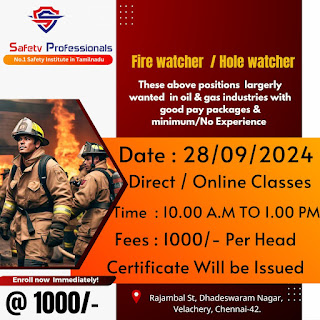Is becoming a fire fighter worth it? What’s it like?

Becoming a firefighter can be incredibly rewarding, but it depends on what you're seeking in a career. Here are some factors to consider: 1. Purpose and Fulfillment Helping People: Firefighters play a critical role in saving lives, protecting property, and serving their communities during emergencies. If you value making a direct impact on people's lives, this career can be very fulfilling. Teamwork and Camaraderie: Firefighters often develop close bonds with their colleagues. If you enjoy working in a team and value a strong sense of camaraderie, this is a significant perk. 2. Job Security and Benefits Stable Career: Firefighting can offer job stability, especially in cities and larger municipalities. Good Benefits: Many firefighting jobs come with benefits like health insurance, pension plans, and time off. The retirement options are often robust, with many firefighters able to retire early with full benefits. 3. Physical and Emotional Demands Physically Demanding: Firef...
.png)
.png)

.png)